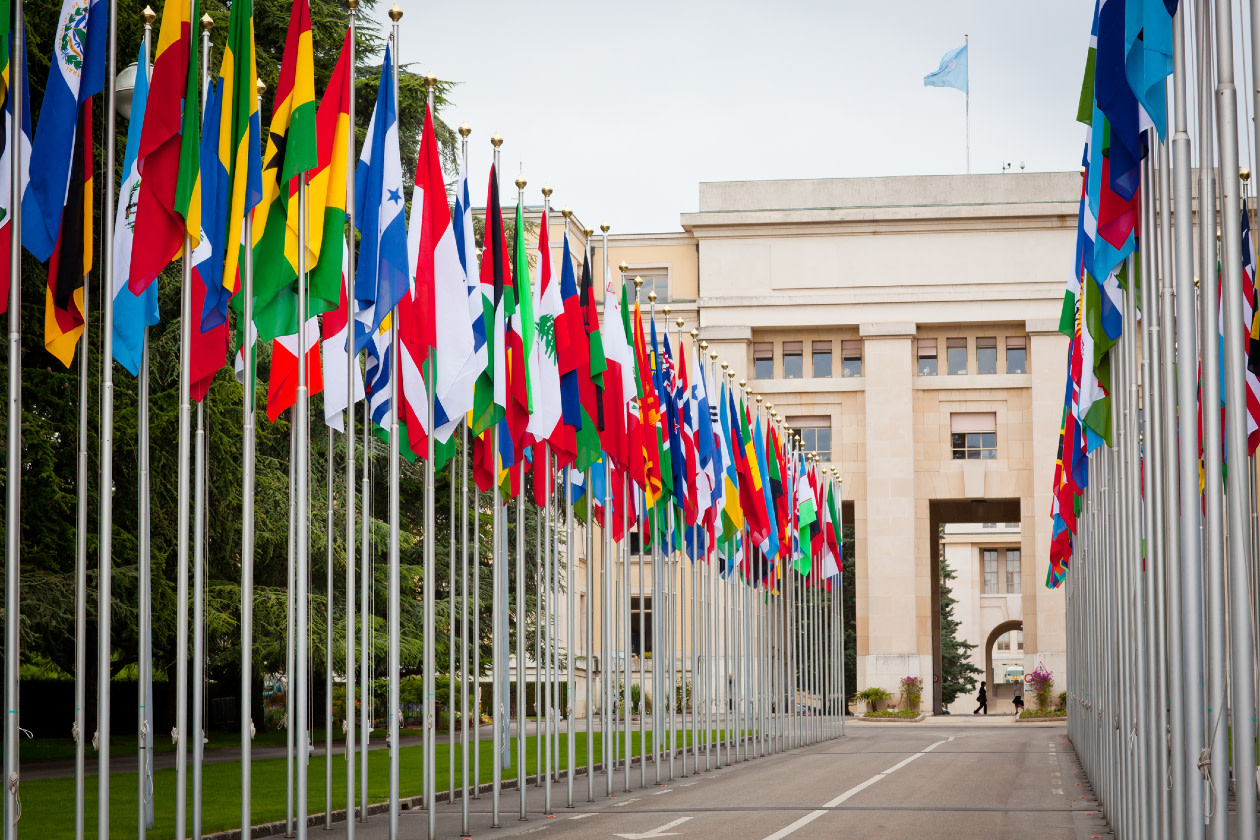The chairman of talks aiming for an international treaty to rein in pollution from plastics issued a document on Friday outlining measures that could furnish the basis of a pact, in an attempt to spur discussions as a Dec. 1 deadline approaches.
South Korea is hosting delegates from about 175 countries at the fifth and final meeting of the U.N. Intergovernmental Negotiating Committee (INC-5) to agree globally binding rules on plastics, but this week's talks had moved at glacial pace.
The document, issued by committee chair Luis Vayas Valdivieso and viewed by Reuters, featured ideas such as a global list of plastic products to be managed and a financial mechanism to help fund developing countries act on the treaty.
"The high and rapidly increasing levels of plastic pollution ... represent a serious environmental and human health problem," the document said.
It mentioned, but did not confirm, some of the most divisive tasks, such as whether the treaty will set a global target to cut output of primary plastic polymers or skip it altogether, and left undecided how rich nations would contribute to a fund.
"A global target to reduce plastic production is in (the document)," said Graham Forbes, who led the Greenpeace delegation to the talks.
"Keeping this in the final treaty text must be a redline for any country serious about ending plastic pollution."
The International Council of Chemical Associations (ICCA) representing makers of plastic, backs governments' efforts to finalise the deal, said its spokesperson, Stewart Harris, adding that the body wanted to hasten a circular economy for plastics.
Nations which produce petrochemicals, such as Saudi Arabia, oppose efforts to cap plastic production, despite the protests of low- and middle-income nations that bear the brunt of plastic pollution.
While supporting an international treaty, the petrochemical industry has also been vocal in urging governments to avoid setting mandatory plastic production caps in favour of efforts to reduce plastic waste, such as recycling.
The chairman's move came after several participants had expressed frustration at the slow pace of the talks, amid disagreements over procedure, multiple proposals and some efforts to return to ground covered in the past.
(Reporting by Joyce Lee; Editing by Kate Mayberry and Clarence Fernandez)
Copyright (2024) Thomson Reuters.
This article was written by Joyce Lee from Reuters and was legally licensed through the DiveMarketplace by Industry Dive. Please direct all licensing questions to legal@industrydive.com.

